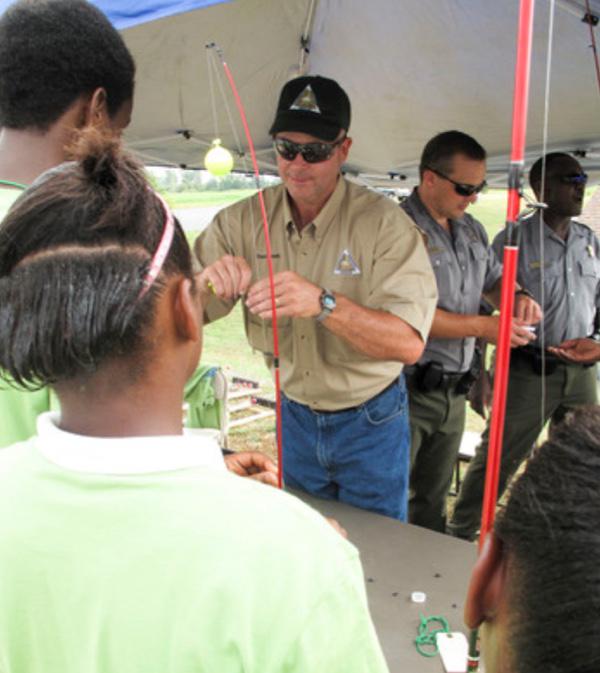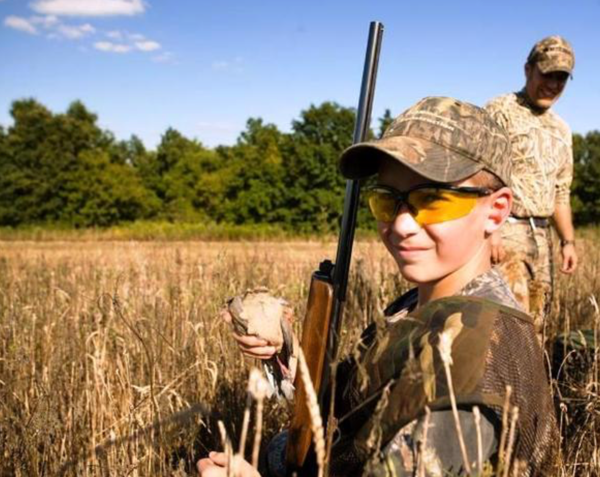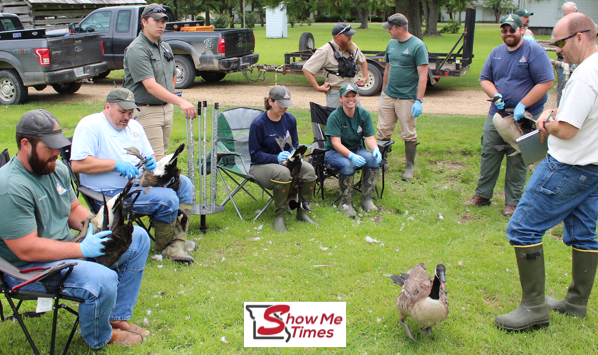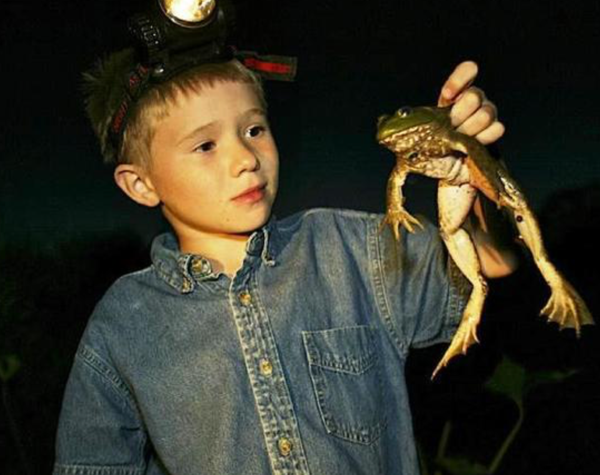MDC and MBRC Host 19th Annual Take a Kid Fishing Clinic
MDC, MBRC host 19th annual Take a Kid Fishing Clinic
Conservation agents will lead archery activities and offer boat rides while families fish together.
KENNETT, Mo. – The Missouri Department of Conservation (MDC) and Missouri Bootheel Regional Consortium (MBRC) Inc. will host the 19th annual Take a Kid Fishing Clinic at Jerry P. Combs Lake, Saturday, Aug. 5, from 9 a.m. to 1 p.m. This is the largest annual fishing event in the Bootheel.
“This event typically pulls in 500 or more people and we’re glad it’s popular,” said Conservation Agent Eric Heuring.
The purpose of the event, which is part of MBRC’s Fathers First Initiative, is to engage fathers and children in outdoor activities together. In addition to fishing, MDC will lead archery activities and offer boat rides on the lake, The Missouri National Guard will be present, free lunch and breakfast refreshments will be provided by MBRC, and a limited number of t-shirts will be available on a first come, first served basis.
Cynthia Dean, CEO of MBRC, said the Fatherhood First program was initiated in 1998 in order to assist fathers in maintaining positive relationships with their children and families. She said the fishing clinic helps support local interventions and services to assist fathers in overcoming barriers to responsible fatherhood.
“MBRC is committed to continuing this important community event to emphasize the importance of male involvement in the lives of their children and families,” Dean said.
Adults and children are encouraged to bring their own fishing poles and equipment. A limited number of loaner fishing poles will be available, with identification required for use of loaner poles. All children must be accompanied at all times by an adult.
“Fishing and other outdoor activities provide a perfect opportunity for families to bond as they learn about and enjoy the outdoors,” Heuring said. “MDC is proud to be a part of this event because of the strong tie to maintaining that tradition of families enjoying nature together.”
Heuring has coordinated MDC’s portion of the event for well over a decade. He said watching children experience nature, sometimes for the first time, never gets old.
“The highlight of this event is always witnessing the children have a great time catching fish, getting a bull’s-eye and going on the boat rides. For many, this is a first time experience with these activities,” he said.
Heuring said for MDC, this event is part of a mission to help people discover nature. He said the hope is that after experiencing these outdoor activities for the first time at an event, parents and children will incorporate things like fishing, archery and general outdoor time into their regular routines.
“Fishing, like anything else, is only improved when enjoyed with your family,” Heuring added.
To learn more about the MBRC Fishing Clinic, go online to mbrcinc.org/2017-fishing. For more information on places to fish in Missouri, go online to mdc.mo.gov/fish. For information on MDC nature programs occurring throughout Missouri, go to mdc.mo.gov/events.
https://showmetimes.com/Blogpost/v7va/MDC-and-MBRC-Host-19th-Annual-Take-a-Kid-Fishing-Clinic






